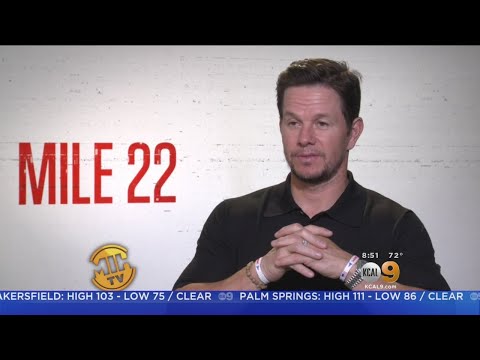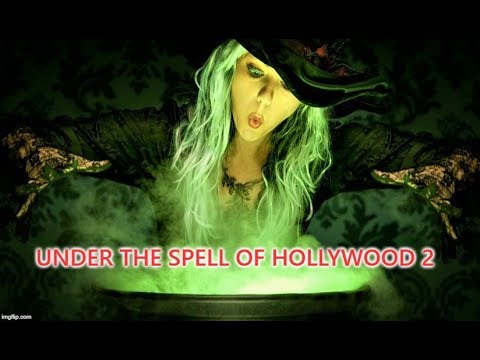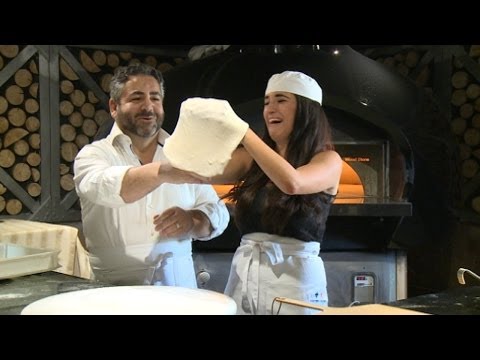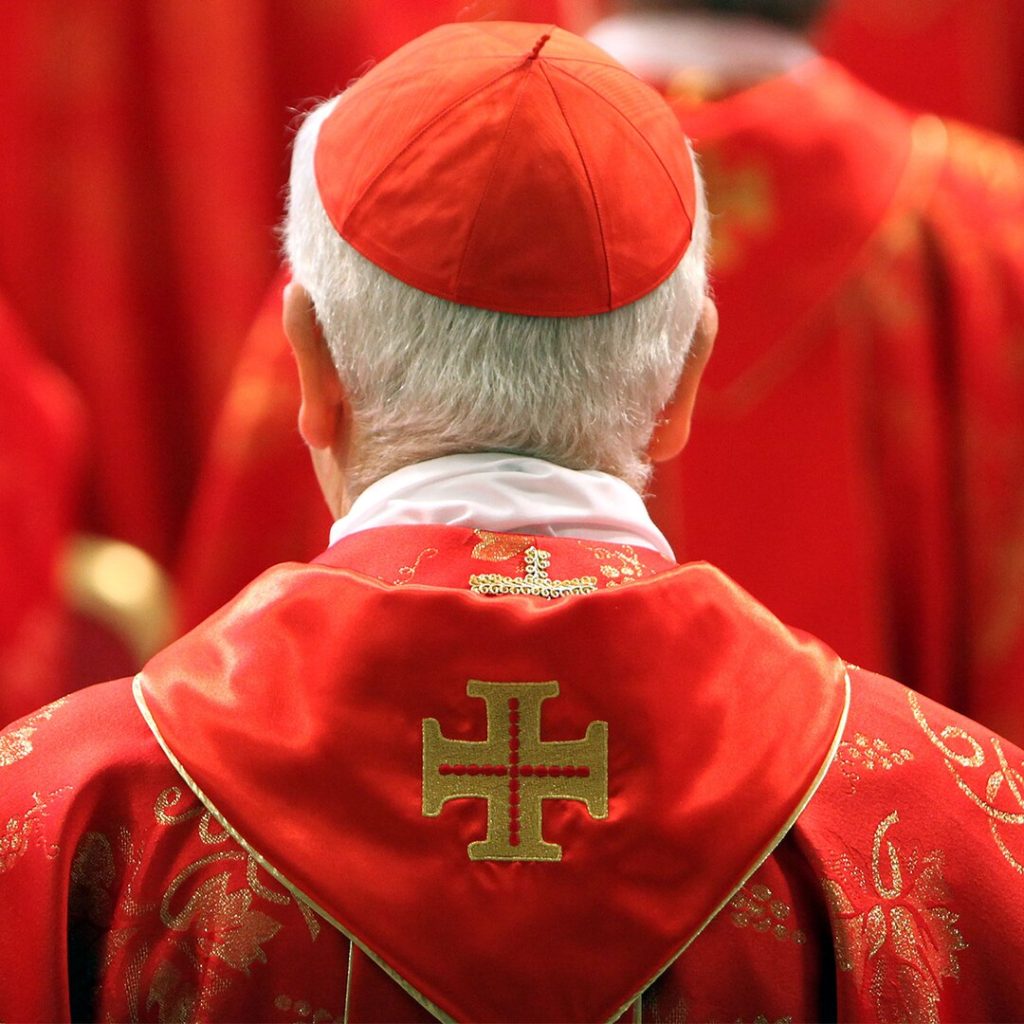
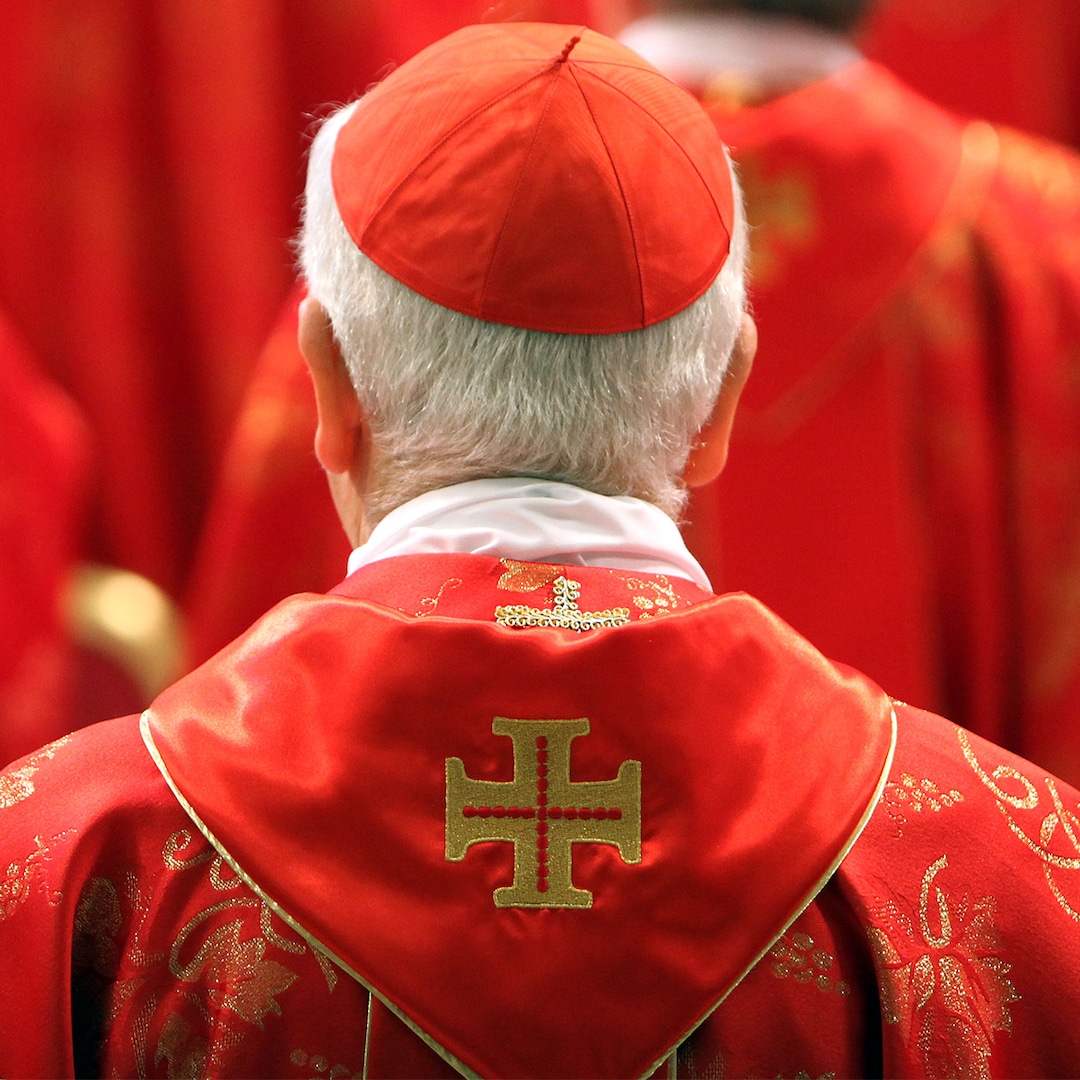
Voting
for
a
new
pope
is
no
joke.
Before Pope
Leo
XIV
(formerly
Robert
Francis
Prevost)
was
named
the
successor
of
the
late
Pope
Francis
at
the
latest
conclave,
he—along
with
more
than
one
hundred
other
Catholic
cardinals—had
to
adhere
to
strict
rules
during
the
super
secretive
affair.
In
fact,
all
cardinals
have
to
take
a
solemn
oath
to
protect
the
secrecy
of
the
conclave
under
the
penalty
of “automatic”
excommunication
ahead
of
sequestering
for
the
election,
according
to
the
Universi
Dominici
Gregis,
one
of
the
documents
used
to
regulate
the
papal
election.
And
once
the
doors
of
the
Vatican’s
Sistine
Chapel
are
sealed,
with
the
master
of
ceremonies
declaring “extra
omnes”
(“everybody
out”)
to
usher
those
not
taking
part
in
the
vote
off
the
premise,
all
forms
of
communication
with
the
outside
world
are
forbidden.
That
means
cardinals
are “specifically
prohibited”
access
to
internet,
social
media,
TV,
telephones,
radios,
newspapers
and
faxes,
per
the
U.D.G.


